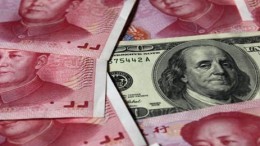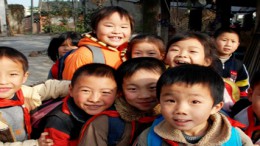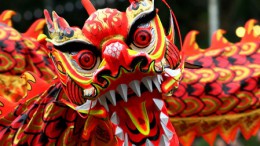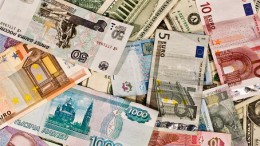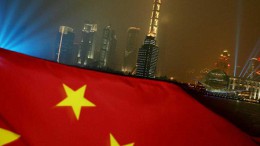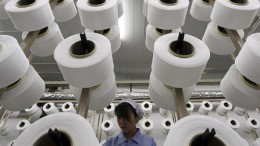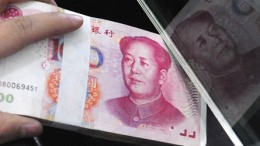Who should worry about the U.S. normalizing interest rates?
BEIJING | By Andy Xie via Caixin Magazine | As the U.S. continues to normalize interest rates, emerging economies become vulnerable. Brazil and India are at the eye of the storm, but China with its huge property bubble should be wary.

